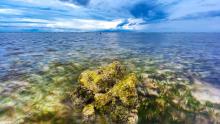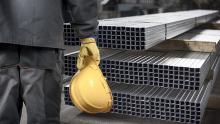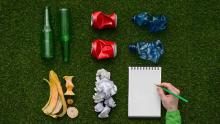
Sun, seawater and sewage: microalgae can thrive on feedstock that is freely available and the resulting biomass can be used to make high-value products such as biostimulants and biopesticides. But can this be done viably on a large scale? Let us demonstrate, say EU-funded researchers building an integrated biorefinery.









